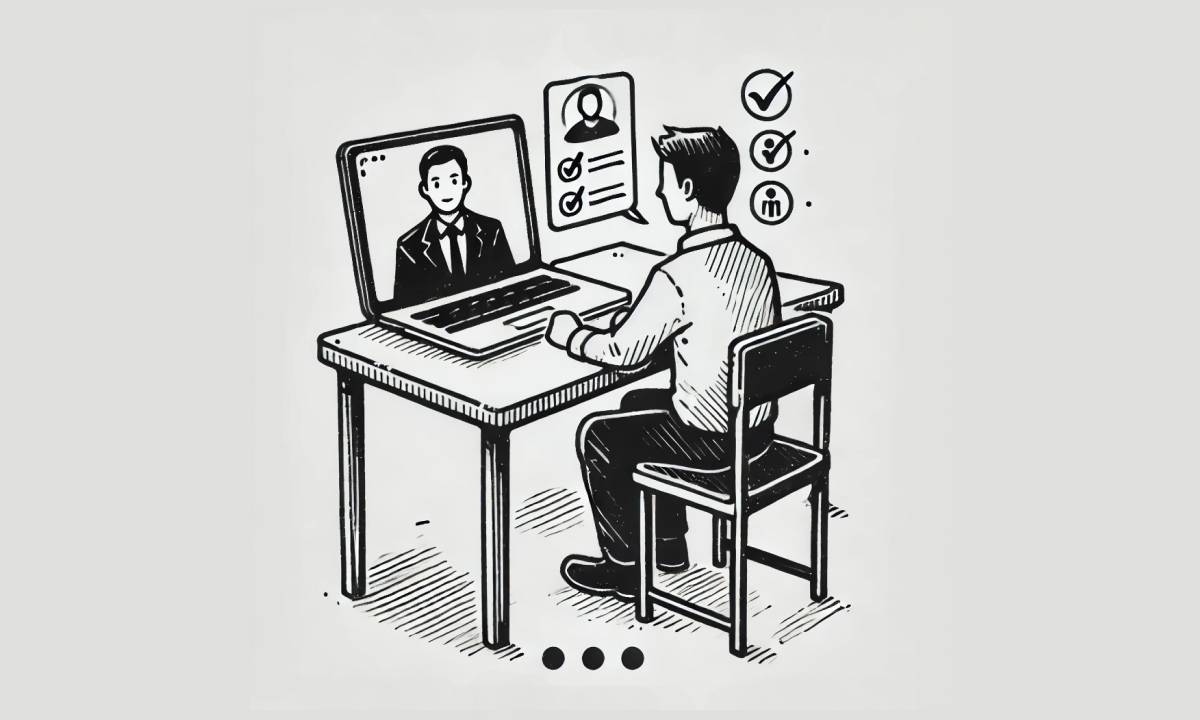When you think of teaching jobs, what’s the first thought that comes to mind? Chalkboards? Dusters? Rowdy kids?
Many don’t know that teaching goes beyond the traditional role you envision. The field has expanded to include various other roles, from corporate positions to lecturing to program facilitators.
Sometimes, people build on their current careers to pivot into a teaching role while remaining in their field.
In this article, we’ll discuss three education careers to consider that are outside of the realm of conventional teaching.
#1. Nurse Educator
Registered nurses (RNs) who have worked in the healthcare sector for several years frequently pivot to the teaching side of the profession by obtaining their nursing education degree via a master’s degree program.
The complexities of the job and the potential for burnout are often the reason for the career change. That’s not to say nurse educators aren’t faced with their own set of challenges.
The vocation is a clinical specialty that equips the future workforce with the skills to deliver the best possible care. However, the scope of the job description goes far beyond that.
Nurse educators are the gatekeepers to a profession that spans thousands of years. They play a pivotal role in shaping the next generation of healthcare workers by imparting their valuable knowledge and skills to nursing students.
A Master of Science in Nursing (MSN) degree is your gateway to becoming a nurse educator. One way to obtain your degree is to enroll in an MSN program and study RN to MSN education online.
You may have figured by now that a non-negotiable requirement is that you are a practicing and licensed registered nurse.
Other admission requirements include a 3.0 GPA from the most recent 60 academic credits and official transcripts from all attended higher education institutions.
Online RN to MSN bridge programs are ideal for working nurses seeking to advance their credentials. The program also prepares graduates for the NLN certification exam (CNE).
If you already have your MSN, Spring Arbor University suggests taking a post-master’s certificate-NE that can be completed in 12 to 16 months.
Nurse educators in academic institutions, hospitals, and clinical settings design curricula and develop learning materials.
According to Zip Recruiter, nurse educators can earn up to $102,263 annually.
#2. Educational Consultant
Imagine having a job that helps mold the minds of tomorrow’s leaders. In a nutshell, this is what educational consultants are tasked to do.
The education field is constantly adapting and changing. Educational consultants ensure curriculums are up to date and meet guideline changes.
Like teachers, they take a hands-on approach and help students and their parents navigate the challenging aspects of the school system. This involves taking them through the college application process.
Educational consultants work closely with educators and provide feedback to schools and other places of learning. However, their job encompasses other responsibilities such as conducting aptitude tests and coaching educators on improving teaching skills.
You must have a bachelor’s degree in education or a related major to obtain your qualification. A Master of Science in Teaching—Curriculum & Instruction will give you the necessary tools in curriculum design, research, and student assessment.
The estimated annual salary for an educational consultant can be between $71,000 and $117,000.
#3. Librarian
There’s a romanticism attached to being a librarian. And it’s not hard to see why. Avid readers always say they fantasize about becoming librarians. What could be more fulfilling than living and breathing books?
That’s the Hollywood version of the job. Believe it or not, librarians fill many roles. A librarian organizes, manages, and provides access to information resources in a library.
There’s quite a bit of admin involved. They select and acquire books, journals and other materials for the library’s collection, catalog and classify them for easy retrieval.
Here’s where the education aspect comes in. Sometimes they will be asked to create literacy programs and services to meet community needs.
Most librarian positions in public, academic, and special libraries require a master’s degree in library science (MLS) from an ALA-accredited program. School librarians may not need an MLS but must meet state teaching requirements.
Talent.com notes that the average salary for librarians in the U.S. is $60,094 per year or $28.89 per hour.
As you’ve noticed, choosing a career in education can set you on various paths, and it doesn’t have to be in the traditional sense.
One of the above roles could be a worthwhile consideration if you’re an excellent communicator and thrive being around people from all walks of life.











